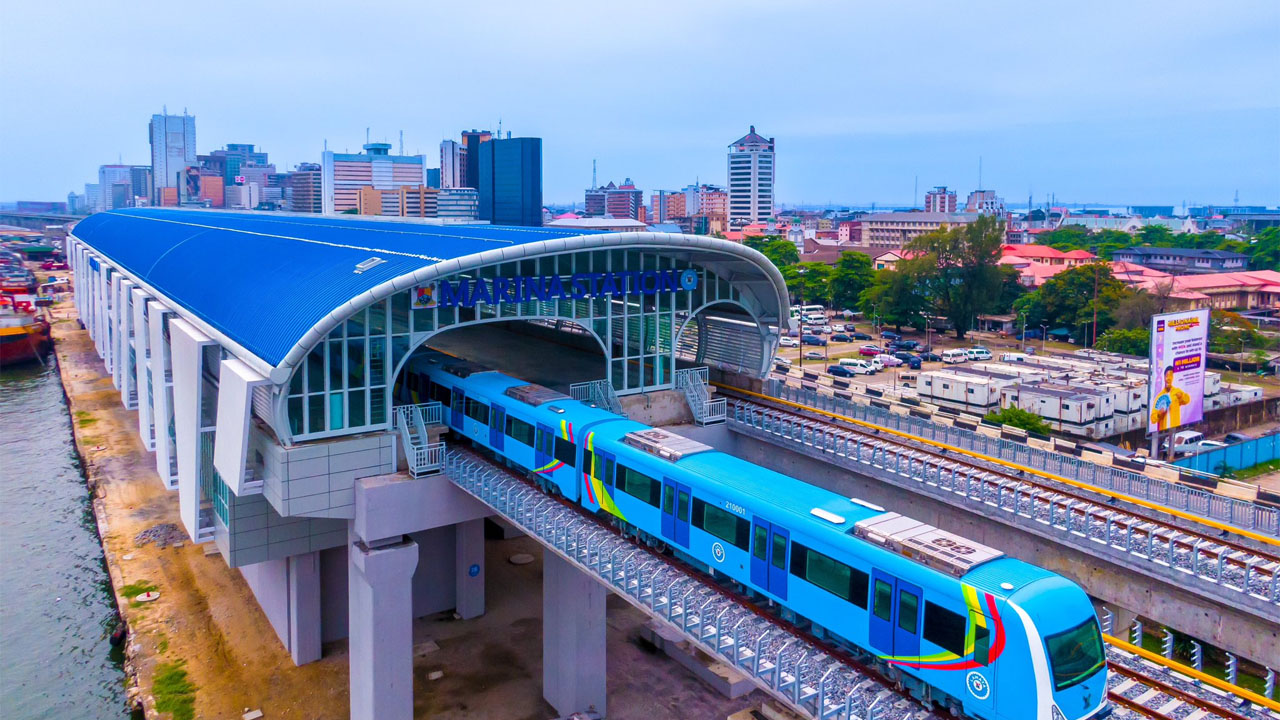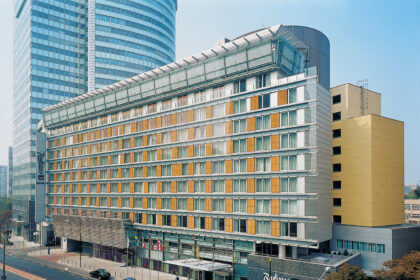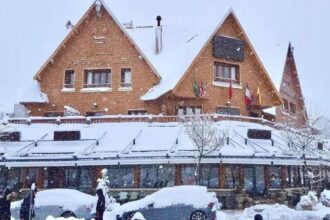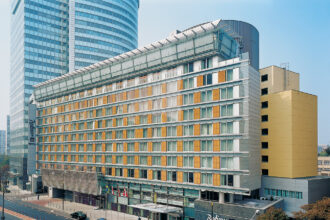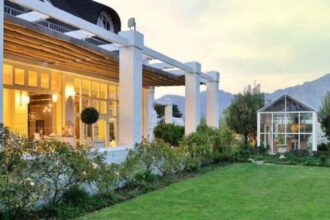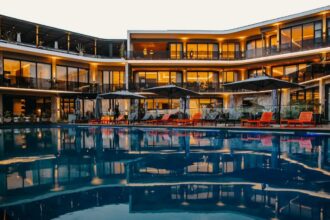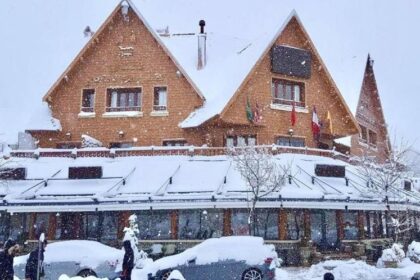At a Glance
- Marina hosts key banks, NGX, and fintechs fueling Nigeria’s high-speed financial ecosystem.
- Colonial-era buildings anchor Marina’s identity amid smart city upgrades and infrastructural overhauls.
- Blue Line Rail and ferry revival reconnect Marina with Lagos Island and commercial zones.
Flanked by the shimmering waters of the Lagos Lagoon and crowned by a skyline that tells a story of evolution, Marina, Lagos, is a name that resounds with history, power, and unrelenting ambition.
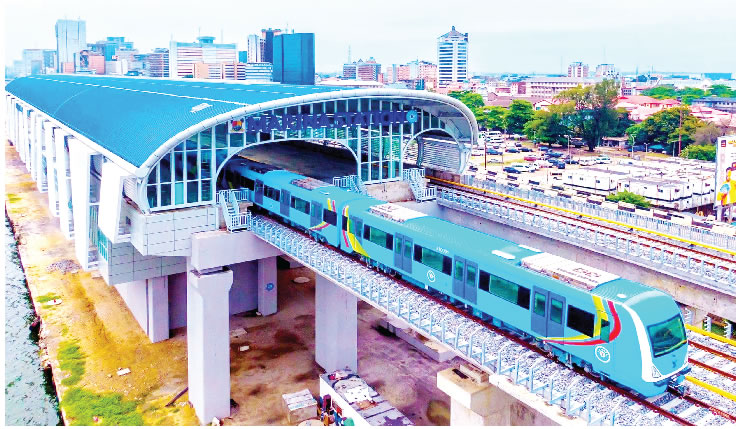
Far more than a street—it’s the pulse of Nigeria’s financial sector and a living relic of colonial power. A blend of heritage, commerce, and ambition, Marina is where the country’s past, present, and future intersect.
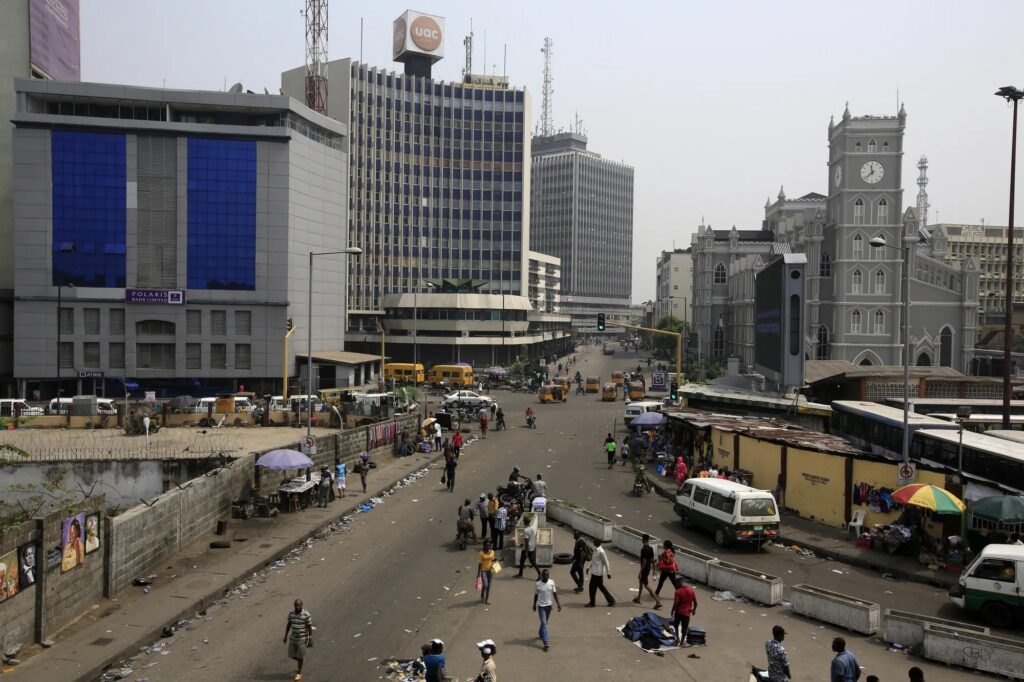
A legacy etched in stone and sea
Dating back to the 19th century, Marina evolved from a tranquil shoreline into a colonial and commercial powerhouse.
Once known as Broad Street, it served as a trading hub for Portuguese and British merchants and later became the administrative core of British West Africa.
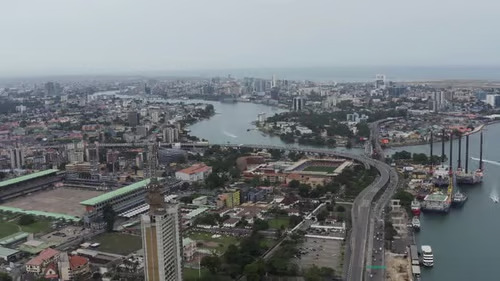
Its name reflects its origins—a waterfront gateway where ships unloaded missionaries, goods, and ideas that shaped Nigeria’s path.
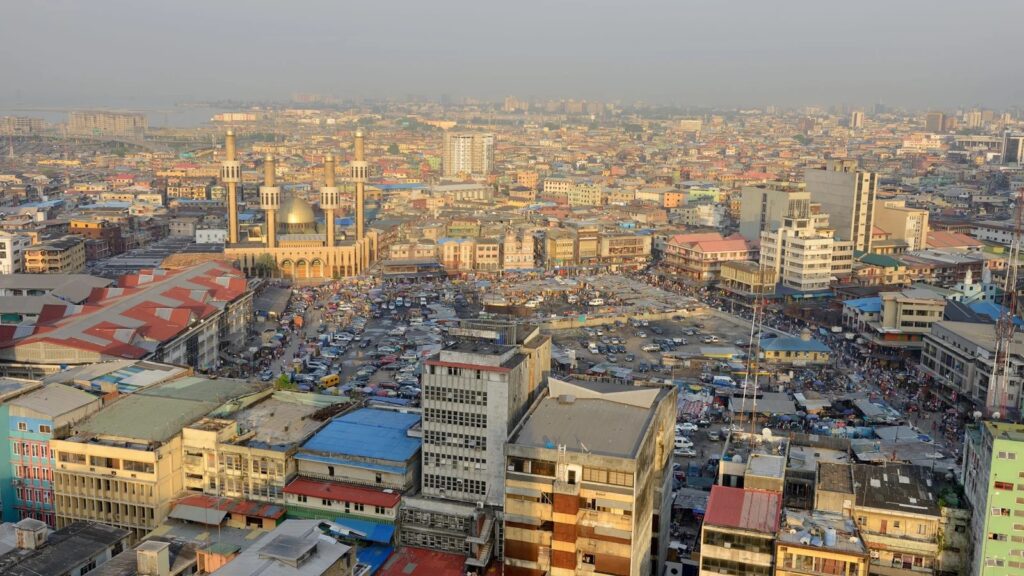
Where history meets high finance
Marina is Nigeria’s financial epicenter housing First Bank’s historic headquarters, UBA, Union Bank, and Sterling Bank, all nestled in landmark colonial-era buildings.

The Cathedral Church of Christ (1925–1946) dominates the skyline, while CMS Bookshop House recalls the era of missionary-led education and publishing.
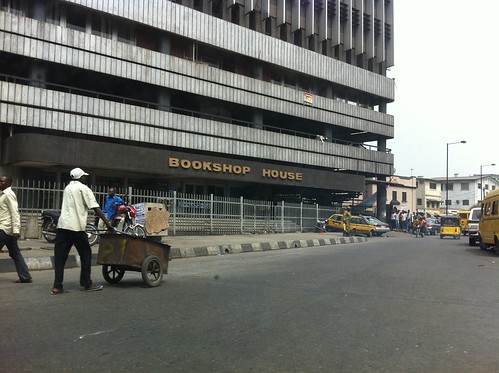
Iconic institutions like the Old Secretariat, Glover Memorial Hall, and the Supreme Court (Lagos division) anchor Marina’s historical identity.
Africa’s fastest-moving financial strip
Marina moves at a relentless pace. By day, it hums with bankers, traders, and bureaucrats. The Nigerian Exchange Group (NGX) and Central Bank of Nigeria’s Lagos office oversee billions in transactions here.
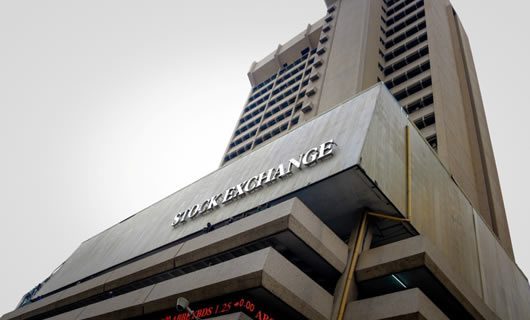
Tech players like Flutterwave and Paystack increasingly orbit this corridor, linking Marina to Nigeria’s fintech boom.
Despite the chaos—street vendors, packed buses, and ceaseless traffic—this district fuels the nation’s economy.
Prime location, limited living
Marina is centrally positioned on Lagos Island, offering easy access to Victoria Island, Ikoyi, and the mainland via bridges like Eko and Third Mainland.
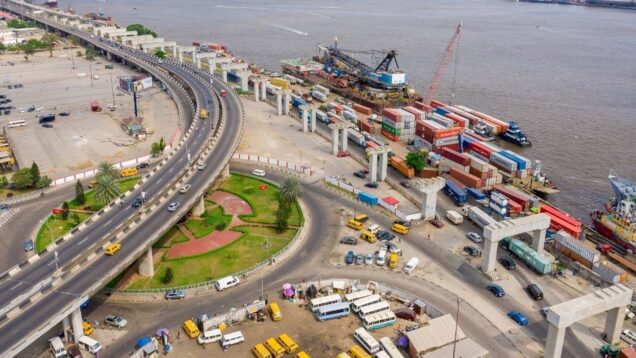
While primarily commercial, upscale apartments and corporate housing exist—mostly occupied by professionals or leased by companies.
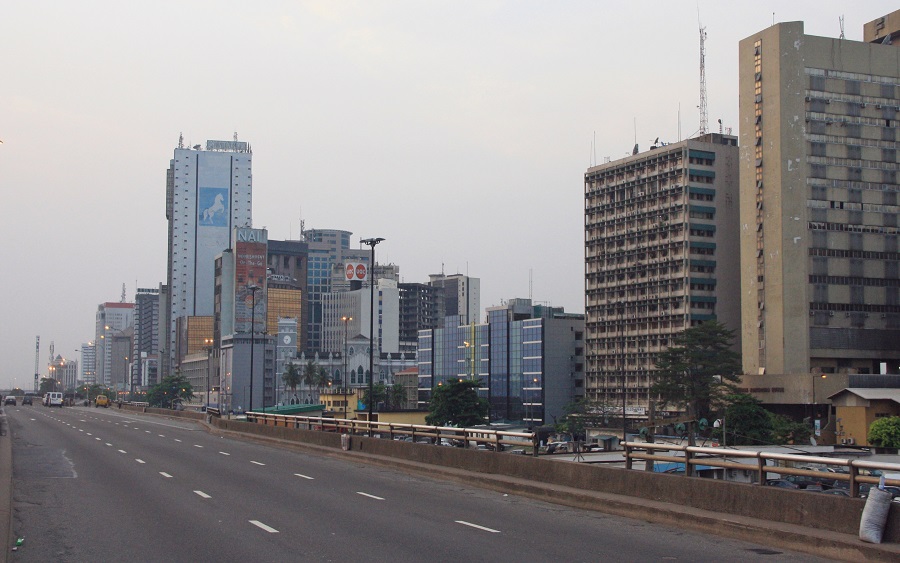
Rents rival Victoria Island, with premium spaces ranging from $2,000 to $5,000/month. While relatively secure, Marina lacks the exclusivity of gated communities like Banana Island.
Transport, tech, and urban evolution
Marina is the anchor of Lagos’ transport and urban modernization. It links key commercial zones—Broad Street, Tinubu Square, and Apongbon—and now hosts the new Blue Line Rail, cutting commutes from Marina to Mile 2 by over half.
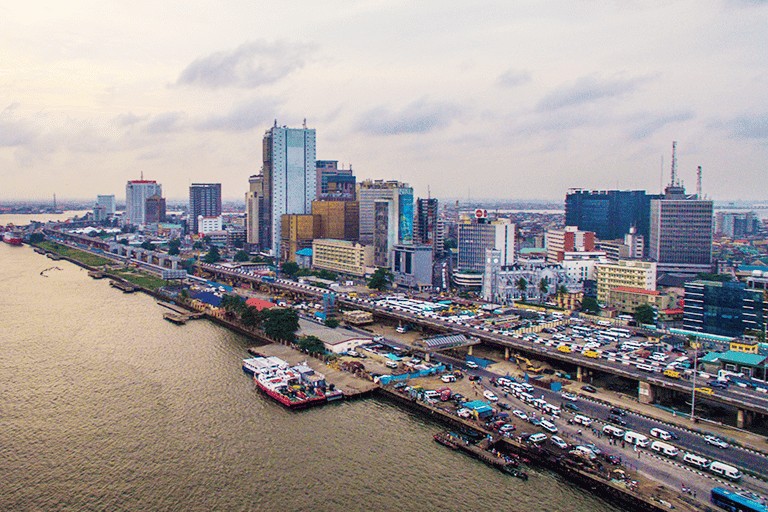
The Lagos Ferry Terminal is being revived by LASWA, easing congestion and reconnecting Marina with its lagoon roots. Smart city upgrades—traffic sensors, broadband, CCTV—are embedding Marina into the Greater Lagos Development Plan.
Where faith and culture endure
Marina is spiritual as well as commercial. The Cathedral Church of Christ and Central Mosque on Nnamdi Azikiwe Street attract daily worshippers, while nearby Tinubu Square, named after business matriarch Efunroye Tinubu, reminds visitors of Marina’s anti-colonial and entrepreneurial heritage.
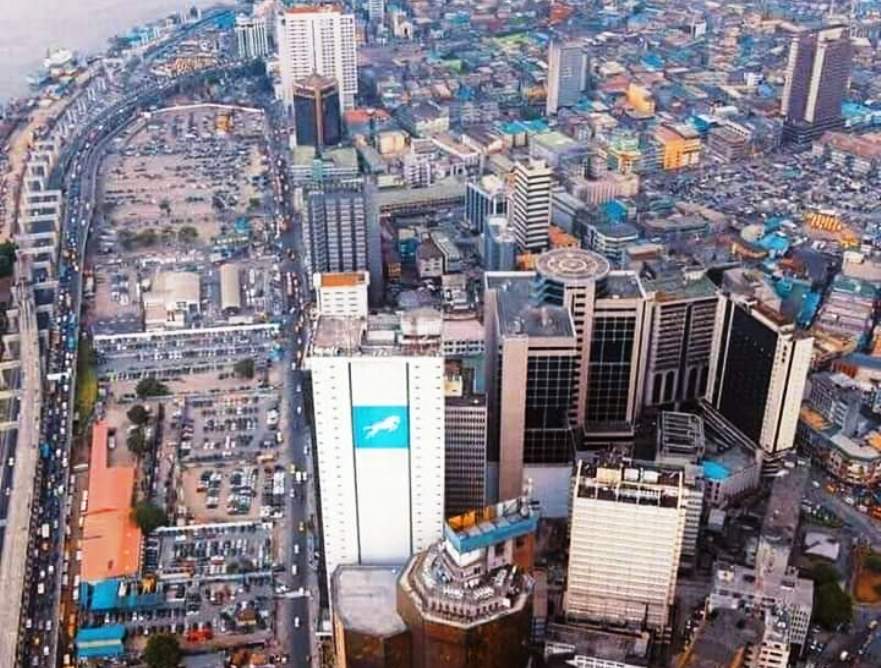
Urban challenges and civic ambition
Shore Africa chronicled that Marina’s centrality brings challenges: gridlock, informal street trading, and aging infrastructure. Pedestrian paths are often encroached, and drainage systems falter during heavy rains.
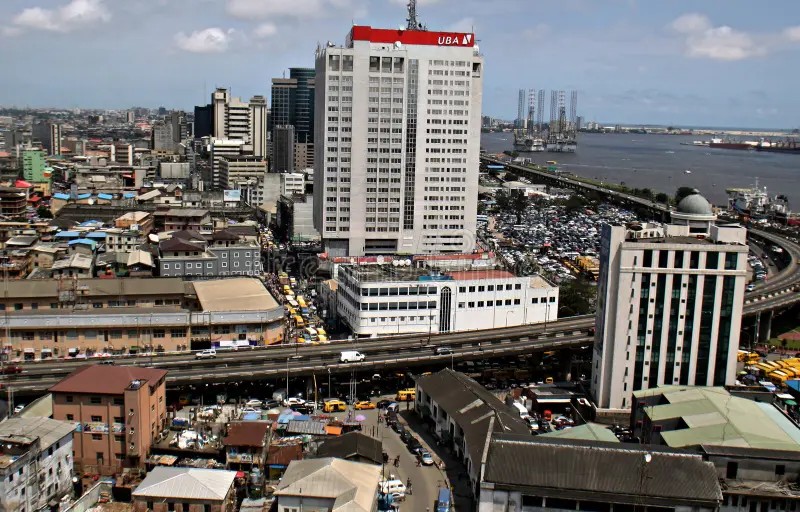
Yet Marina endures. Each Lagos administration prioritizes its renewal—from road expansions to heritage site restorations—ensuring it remains relevant amid Lagos’ rapid growth.
Old Lagos, new ambitions
Today’s Marina balances the old with the new. Colonial facades share blocks with modern towers like the NGX Building, and co-working spaces serve both Gen Z founders and legacy institutions. Here, fintech meets faith, and power lunches neighbor century-old cathedrals.
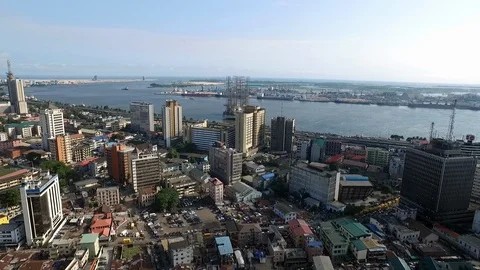
The soul of commercial Lagos
If Victoria Island is Lagos’ playground and Lekki its suburbia, Marina is its soul—chaotic yet strategic, historic yet forward-looking.
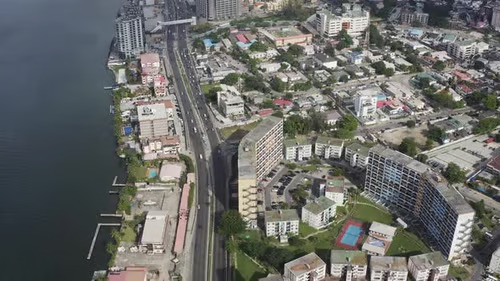
It’s where Nigeria’s economy breathes, and where its colonial past still whispers through the walls.
For anyone trying to understand Lagos—or Nigeria—a walk down Marina isn’t optional, it’s essential.

